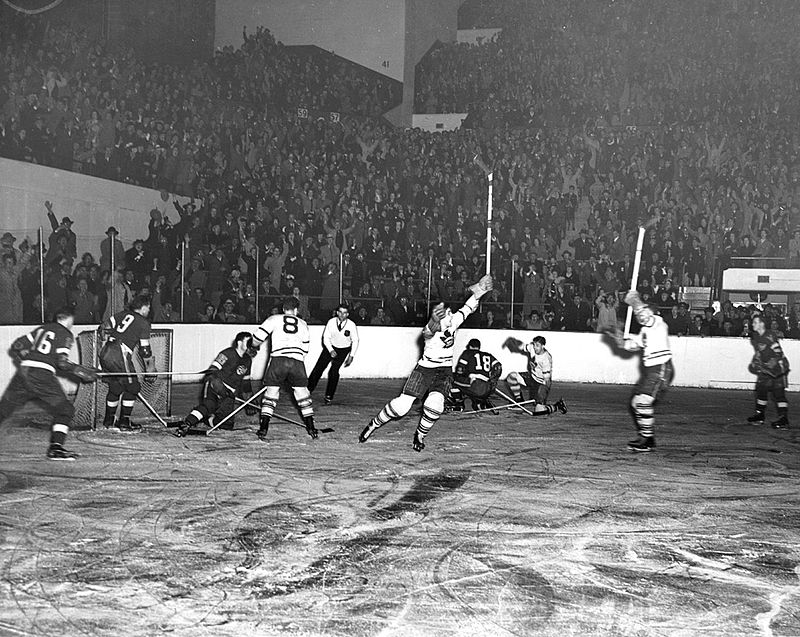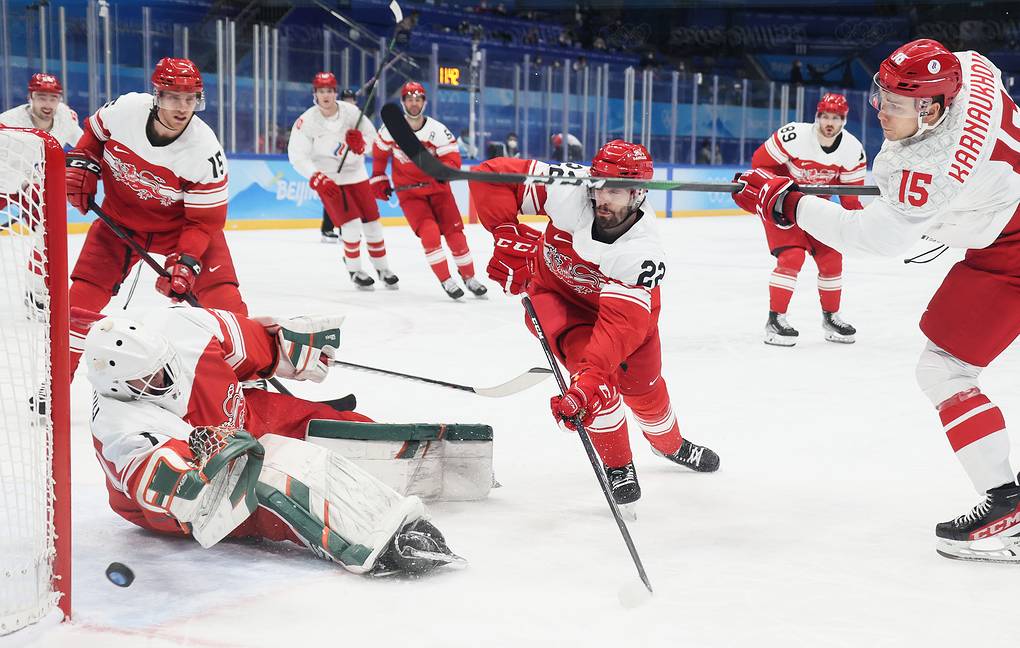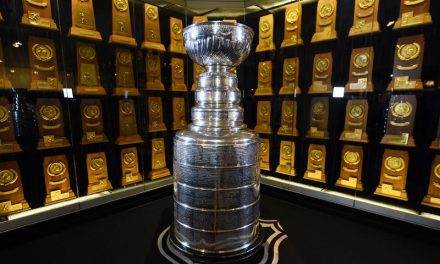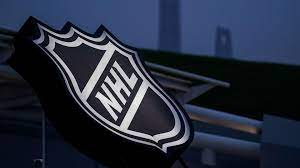Ice hockey is a fast-paced and physically demanding sport that has captured the hearts and minds of millions of fans around the world. From its early beginnings on frozen ponds in Canada to its evolution into a highly organised and competitive sport, hockey has a rich and fascinating history that is worth exploring. This article will take a look at the history of hockey, from its early origins to its current status as one of the world’s most popular sports.
The early origins of ice hockey: Canada
The exact origins of hockey are unknown, but the sport is believed to have started in Canada, where it was played on frozen ponds and lakes. The first recorded game of hockey was played in 1875 in Montreal, Quebec, and the sport quickly gained popularity in Canada, especially in the eastern provinces. During this time, the rules of the game were simple, and players used a puck and stick to score goals. Over time, the sport evolved, and new rules were established to make the game more organised and competitive.
The formation of the NHL: 1917
In 1917, the National Hockey League (NHL) was formed, becoming the first organised professional hockey league in North America. The league was initially composed of four teams: the Montreal Canadiens, the Ottawa Senators, the Quebec Bulldogs, and the Toronto Maple Leafs. The NHL quickly grew in popularity, and by the 1920s, the league had expanded to include teams from the United States, including the Boston Bruins and the New York Americans. Over the years, the NHL continued to expand, and it is now one of the most popular professional sports leagues in the world, with 31 teams in North America.

The golden age of ice hockey: The 1950s and 1960s
The 1950s and 1960s are often referred to as the “Golden Age” of hockey, as this was a time when the sport saw a surge in popularity. This was largely due to the rise of ice hockey legends such as Gordie Howe, Maurice “Rocket” Richard, and Jean Beliveau, who dominated the sport and helped to raise its profile. During this time, hockey became a more organised and structured sport, with the introduction of new rules and regulations. The NHL also expanded during this time, adding new teams and increasing its reach across North America.
The modern era of the sport
In the decades since the Golden Age of ice hockey, the sport has continued to evolve and grow in popularity. In the 1970s and 1980s, hockey saw the rise of legends such as Wayne Gretzky, Mario Lemieux, and Mark Messier, who dominated the sport and helped to keep it in the public eye. The introduction of new technology, such as composite sticks and advanced equipment, also helped to make the sport more accessible and exciting for players and fans. Today, hockey is one of the most popular sports in the world, with millions of players and fans around the globe.
International ice hockey: The Olympics and World Championships
Ice hockey is also a popular sport on the international stage, with several major events being held each year. The most prestigious of these events is the Olympic Games, which has featured hockey as a medal sport since the 1920 Summer Olympics in Antwerp, Belgium. The World Championships is another major international event, which is held annually and features teams from around the world competing for the title of world champion.

Conclusion
The history of ice hockey is a rich and fascinating story that spans over a century. From its early beginnings on the frozen ponds in Canada to its current status as one of the world’s most popular sports, hockey has evolved and grown, adapting to changing social and cultural trends, as well as new technology and innovations. Today, millions of people enjoy watching the sport around the world both from the NHL to other leagues around the world and international tournaments, and its fanbase continues to grow.
For even more content like this, check out our Hockey section.




